
What Could Come of Talks Between Maduro & the U.S.?
A Latin America Advisor Q&A featuring experts’ views on presidential elections in Venezuela.
A Latin America Advisor Q&A featuring experts’ views on presidential elections in Venezuela.
On July 12, 2024, the Inter-American Dialogue’s Rule of Law Program and Cristosal published a policy brief asserting that President Bernardo Arévalo’s government can demonstrate the feasibility of implementing effective and democratic measures to address insecurity in Guatemala.
Citizen insecurity and illicit economies are serious issues in Latin America and the Caribbean, prompting urgent demands from the public for solutions. In response, mano dura policies have been implemented, which have reduced violence but at a significant cost to the rule of law and human rights. It is necessary to develop and promote alternatives that are both effective and democratic.
On June 4, 2024, the Inter-American Dialogue’s Rule of Law Program and Ágora published a policy brief, “Uruguay: Insecurity and Organized Crime.” This is the first policy brief in a series on security policies and the rule of law in the region launched by the Dialogue’s Rule of Law Program.
Amid the democratic decline in Latin America, independent journalism emerges as a crucial counterbalance, constantly facing risks and challenges. To protect independent journalism, it is necessary to explore collaboration networks, physical and technological protection measures, funding strategies, and international cooperation mechanisms.
On May 2, 2024, the Dialogue’s Rule of Law Program, the Stanford Law School’s Rule of Law Impact Lab, and the Mexican Bar Association released a report analyzing the constitutional reform proposals presented by President Andrés Manuel López Obrador to the Mexican Congress in February 2024. The report concludes that the proposals directed at the federal judiciary constitute a direct threat to judicial independence.
Tamara Taraciuk Broner, director of the Rule of Law program, participated in the podcast “Where Did the Migrant Crisis Come From?” on In the Room with Peter Bergen. She discussed the context and causes of the Venezuelan humanitarian and migration crisis, as well as the use of the lifting of US sanctions as leverage for fair elections.
While the market inherently lacks the ability to discriminate between democratic and undemocratic regimes, the identification of autocracy as a tangible risk factor is crucial. Investors must recognize that supporting non-democratic regimes ultimately undermines their own interests.
Tamara Taraciuk Broner, director of the Peter D. Bell Rule of Law Program at the Inter-American Dialogue, spoke with CGTN America regarding Ecuador’s security crisis in the wake of recent events.
In Latin America’s 2024 electoral super-cycle, voters seem likely to reward leaders who address their most fundamental needs—in some cases regardless of whether they value democracy, clean government or the rule of law.
Testimony by Program Director Tamara Taraciuk Broner to the House Foreign Affairs Committee, Tom Lantos Human Rights Commission, on Organized Crime, Gangs, and Human Rights in Latin America.
Amid Venezuela’s crisis and the upcoming 2024 presidential elections, a potential opportunity for a democratic transition may emerge. The escalating authoritarianism, human rights abuses, and dire humanitarian situation underscore the critical importance of addressing these challenges while also identifying opportunities for transition to occur.
A Latin America Advisor Q&A featuring experts’ views on the mayoral elections in Mexico City.
As Venezuela’s presidential elections, scheduled for 2024, draw closer, the international community’s attention is primarily focused on how to use leverage to ensure minimal electoral conditions. US high-level officials have publicly said they would ease some of the economic and political sanctions imposed on the country in exchange for meaningful concessions by Nicolas Maduro’s government, and there is clearly an ongoing back channel between US and Venezuelan authorities along these lines. While this discussion is essential, it often overshadows a vital aspect of the conversation—the plan for what comes next. No transition of power is possible without a clear path forward after election day.
In El Salvador, the government of Nayib Bukele has posed a significant challenge to democracy in the region. His security policies, which have yielded positive results in reducing insecurity rates, have led to serious abuses and were made possible through prior measures that concentrated the power in the executive branch. These policies have also boosted the popularity of the Salvadoran president. This highlights the need to promote democratic and effective alternatives to address insecurity in the region.

 Video
Video

 Video
Video
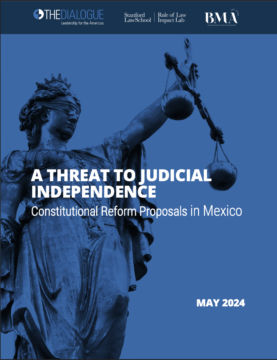
 Video
Video
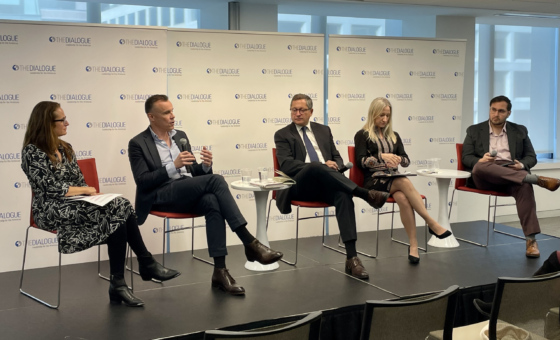 Video
Video
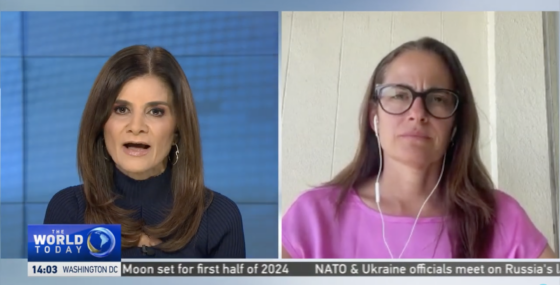 Video
Video
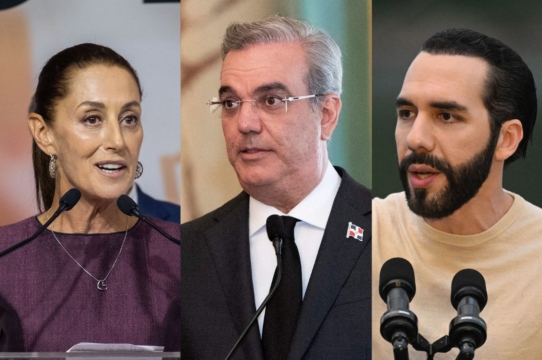
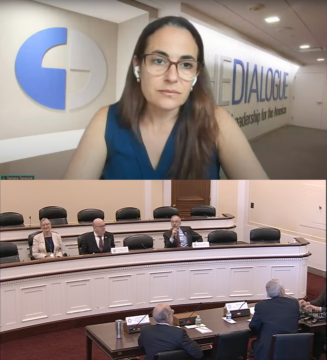 Video
Video
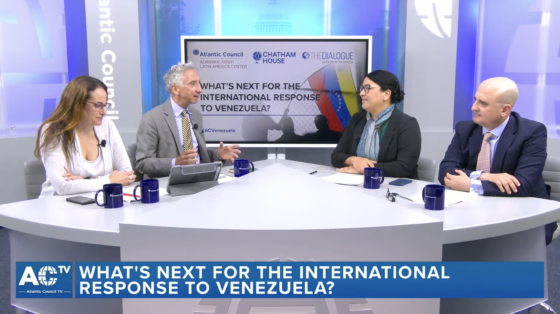 Video
Video
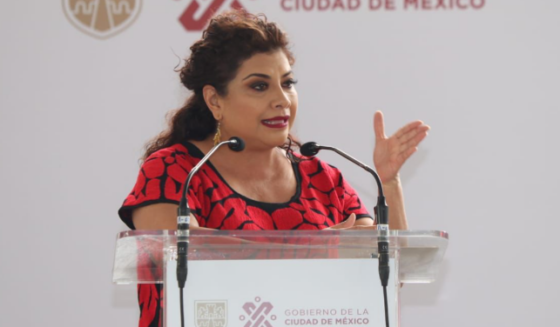
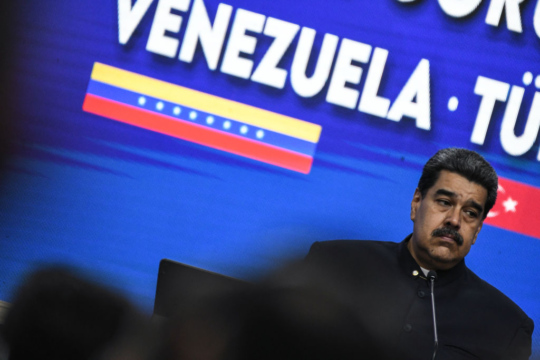
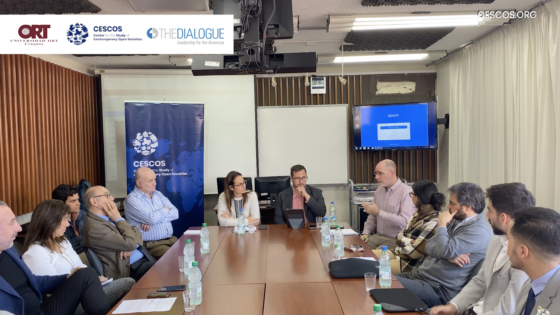 Video
Video